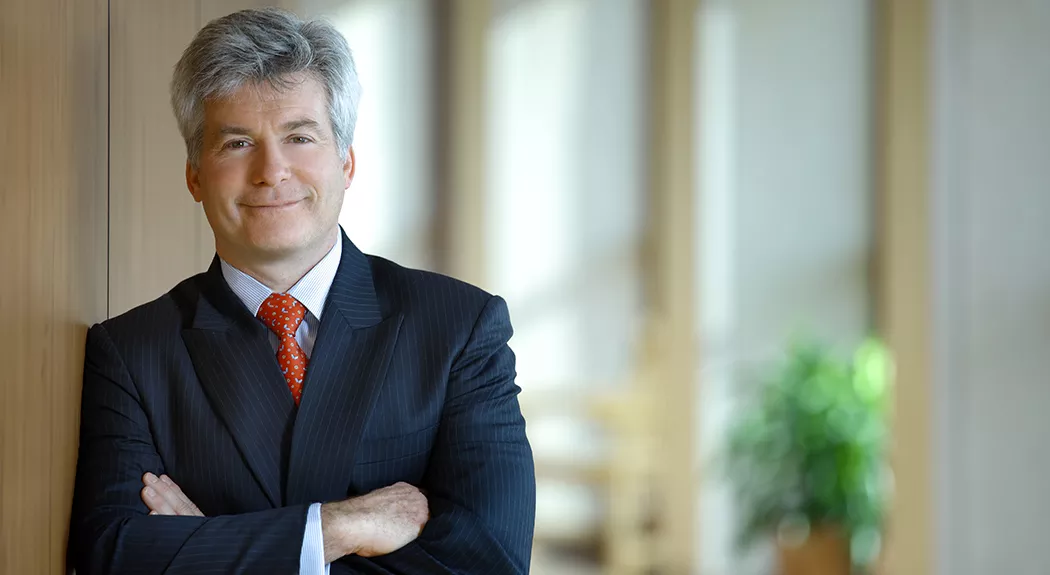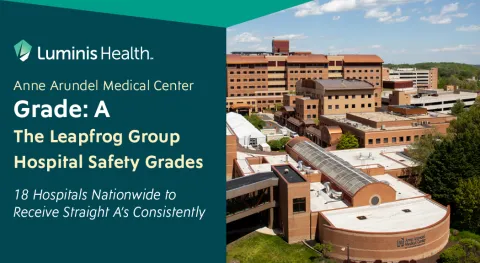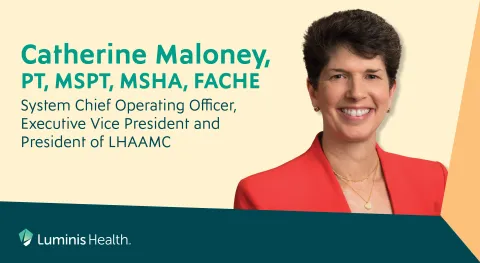In 2015, the World Health Organization (WHO) passed a resolution calling attention to improving universal access to safe and affordable surgical care. Why? Of the world’s seven billion people, five billion lack access to the most basic surgery.
Otherwise simple conditions, like a bone fracture or dislocation, a hernia, cataract, or obstructed labor, often turn life threatening for people living in many of the world’s developing nations.
“In the developing world, surgery has been viewed for a long time as a luxury for the rich,” says Adrian Park, MD, chair of the Department of Surgery at Anne Arundel Medical Center (AAMC).
But now, he says, the need for better surgical care is too great to ignore.
“Data shows the burden of illness for surgically correctable conditions in the developing world eclipses that of malaria, HIV, AIDS, or tuberculosis,” says Park. “It is so significant that this can no longer be viewed as a luxury for the wealthy, this has to be viewed as a human right to have access to safe surgical care.”
One part of the solution: equipping surgeons with skills to manage the challenges of surgical care in low- or limited-resource settings. In his new book, “Global Surgery: The Essentials,” Park provides an unprecedented resource for surgeons who have a desire to become involved.
Coedited by University of Utah’s Raymond Price and published this year by Springer International, the book provides a ready guide for surgeons to manage clinical scenarios beyond the scope of their training or current practice. It also provides an in-depth look at unmet needs, and epidemiological, socioeconomic and political factors that frame global surgery.
Park says his desire for readers is to become a part of efforts with lasting impact. “I want readers to think beyond just being a ‘drop in the ocean,’ but look to deliver sustainable change in providing access to safe surgical care in lower resource and remote settings.”
He adds that sustainable change will also come from training those in low-resource settings to become surgeons — work he is actively engaged in. But that, he says, will take time.
Park sees the heightened awareness and increased efforts around global surgery as promising. He is a part of work to facilitate the WHO resolution for access to safe, affordable surgical care for 80 percent of the world’s population by 2030.
Park is a member of the American Surgical Association and fellow of the Royal College of Physicians and Surgeons of Canada, American College of Surgeons, and the College of Surgeons of East, Central and Southern Africa.
He is author of more than 200 scientific articles and book chapters, and is internationally known as a leading authority in minimally invasive surgery. Park is also co-editor and chief of Surgical Innovation, a peer-reviewed bimonthly journal.
Global Surgery is available for purchase on the website of Springer International Publishing and on Amazon.com.




